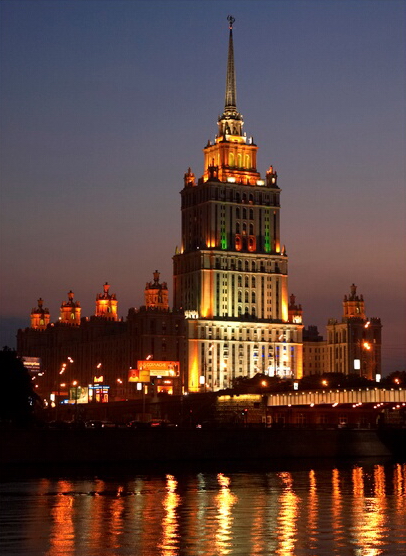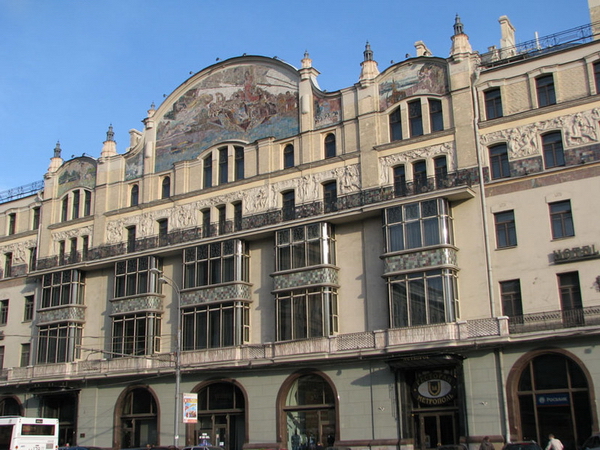

|
Cultural Information
When to use “you” and “You”?Russian people call each other differently.  In official situations, in the documents or when you see a person for the first time, it’s a tradition to use a name and a patronymic (father’s name in a special form): Ivan Petrovich, Maria Nikolayevna. The names “Ivan”, “Maria” are full first names. “Petrovich”, “Nikolayevna” are special forms from the names “Petr”, “Nikolai”. However young people because of their age and influence of Western culture prefer to give only their first names: Alexei, Natalya, Anna, Sergey. But an official “You” is preserved.  Among close friends, in the family and at school people don’t use their “full” names, they use diminutive forms. For example: for the name Alexei a short form is Aljosha, for Maria – Masha, for Petr – Petja, for Lev – Ljova, etc. Such short forms tell us about close and informal relationships between people. People in such cases use “you” – “ты”. Be attentive: there’re names in short forms in Russian which end on –а (Vanja, Serjozha, Aljosha, Dima) and look the same as female but are male names! There’s another short and tender form addressing people: Mashenjka, Serjozhenjka, Oljechka. Kids and close ones can be called like this. This form is made with the help of different suffixes (-еньк, -оньк, ечк) to the short form of a name. Thus, you can guess what relationships are between people if you know how people address each other. Hotels Of Moscow
 Moscow is a huge city where now 10 millions people live. 2 millions arrive to Moscow for a work every day from suburb and country side and no one knows how many tourists visit Moscow! Unfortunately there exists a real problem with staying in the hotel in Moscow, it concerns especially cheap hotels in the down town area. So it’s better to book a room in the hotel in advance. Today it’s more convenient and easy to do it through Internet. There are a lot of special informative online sites –they help you to chose and book the room you like.Here there are some of them - try youself!
Safety problem Those who came to Russia for the first time are very concerned about personal safety. Is it safe to walk along some streets and districts, can one come back home from a restaurant or a theatre late in the evening? It’s necessary to say that in terms of safety living in Moscow for a foreigner is approximately the same as in other European capitals. That’s why it’s better to keep basic safety rules when you come to Russia: to keep an eye on your things in the airport or a railway station, to be cautious in the metro in rush hours (pick-pocketing or mobile thefts are possible), not to come back home alone and late in the evening, etc. You have to know, that there are no special dangerous places in Moscow and other cities of Russia as, for example, in the USA. In the day time you can go or walk in the downtown or in the outskirts where you like safely. The peculiarity for a foreigner in Russia is that a policeman may ask for your documents in the street just to check. That’s why it’s better to have documents, such as a passport, a visa and a registration for dwelling with you. You will have your visa in your passport, of course, and as for the registration, it’ll be given to you in the hotel automatically. No other additional documents should be asked. Students can show a student card instead of the passport, diplomats can show a diplomat card. |
|||||||||||||||


|
© 2007-2012 Center For International Education |








|
||












